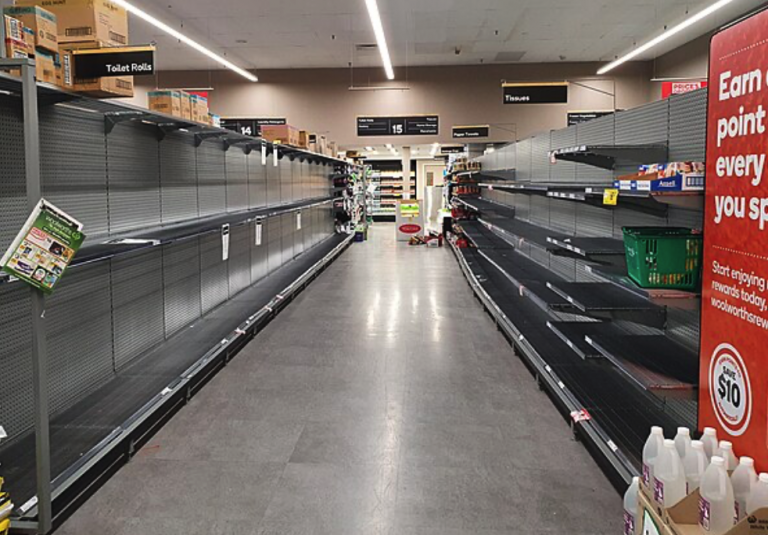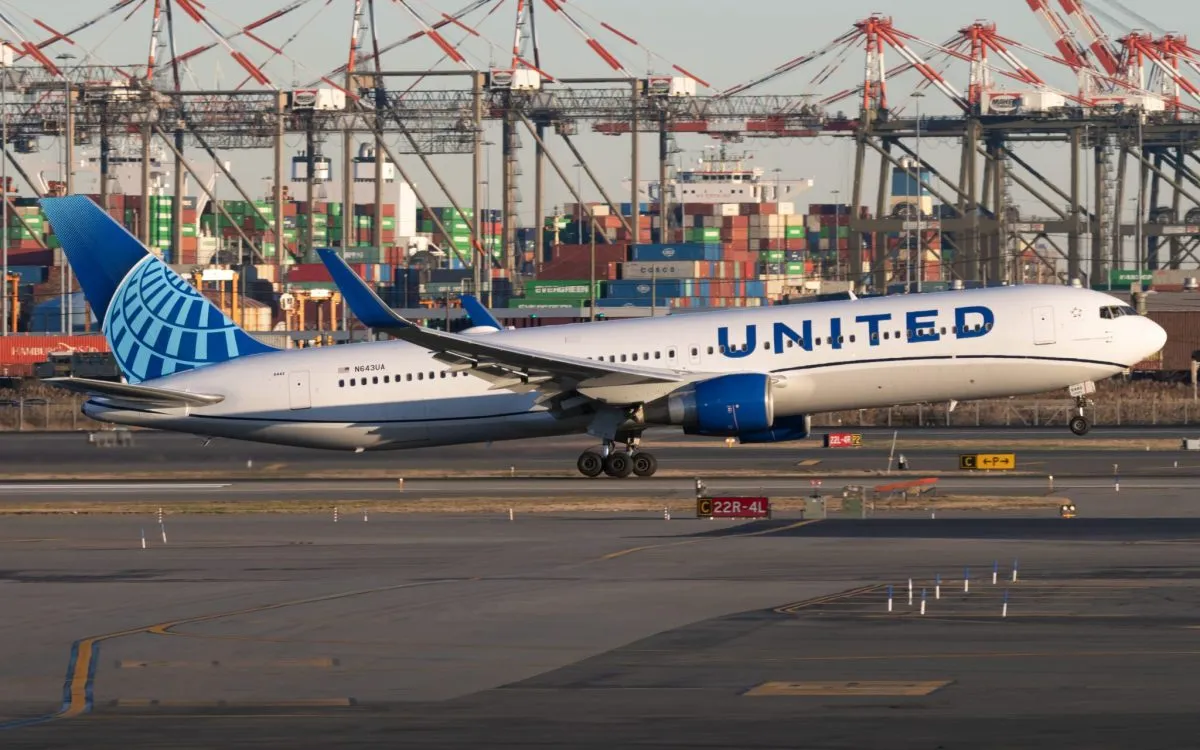The Impending Trade Crisis: U.S. Retailers Face Shortages as Port Fees Rise

The landscape of American retail is on the brink of dramatic changes as consumers are beginning to notice that a vast array of popular products are disappearing from online marketplaces like Amazon. The situation is not confined to just one platform; major retailers such as Walmart, Target, Home Depot, and leading dollar store chains are all grappling with the consequences of disrupted supply chains. This crisis will necessitate that these businesses innovate and rethink their strategies to keep their shelves stocked in the upcoming months.
A significant factor exacerbating this issue is the impending imposition of hefty new port fees for products exported to the United States. As outlined by various reports, these port fees will significantly increase costs on top of already existing tariffs. For certain goods originating from China, companies may soon find themselves facing import tariffs as high as 245%. This could compel many businesses to raise their prices dramatically, rendering some Chinese-made products economically unviable in the U.S. market.
While some companies will continue to attempt selling Chinese products domestically, the increased costs may drive them to reconsider their options. As a result, there may be a surge in demand for American-made alternatives. However, the reality is that in many sectors, similar products are simply not manufactured in the United States.
Even if American factories ramped up production to full capacity, they would struggle to compensate for the vast volume of imported goods typically supplied by China. Establishing new manufacturing facilities is a potential solution, but it is a long-term strategy that involves substantial risks. With the possibility that a different administration could reverse current trade policies within just a few years, companies might be hesitant to invest heavily in new U.S. factories. Such uncertainty is likely to dissuade business leaders from committing to significant investments, as they are generally cautious about the potential for unpredictable shifts in policy.
As U.S. CEOs deliberate on how to navigate these changes, retail stores are facing an immediate challenge: the inability to adequately restock their inventory with American-made products. The manufacturing capacities in the U.S. simply do not align with the demand that will arise if imports dwindle. Consequently, if other nations cease shipments of vital goods, consumers can expect to see shortages.
Recent developments have revealed that ships built and owned by Chinese entities will soon incur substantial port fees upon docking in U.S. ports. A notice published in the Federal Register by the U.S. Trade Representative (USTR) indicates that these new fees will be based on net tonnage or the amount of goods carried on each voyage. This fee schedule is set to roll out in phases over the next 180 days, with the potential for further increases in the coming years. Initially, proposals to charge fees of up to $1.5 million per port call for China-built ships faced backlash from the shipping industry, leading to adjustments in the fee structure.
Now, ships transporting goods from China could be subject to port fees as high as $1.5 million in addition to the steep tariffs, fundamentally altering the economics of trade with China. As these fees come into effect, it raises the question of why companies would continue to import products from China when faced with such exorbitant costs. The ramifications extend beyond trade with China, as the overwhelming presence of Chinese-made vesselsprojected to comprise 98% of the world's trade shipswill likely affect global trade dynamics.
For vessels arriving from countries other than China, port fees will be more manageable, albeit still significant. Starting October 14, a fee of $50 per net ton will be imposed on Chinese-operated ships, with a planned yearly increase of $30 for the next three years. Conversely, ships built in China but owned by non-Chinese firms will face a lower fee of $18 per net ton, also subject to annual increases. Even these lower fees are substantial and will impact shipping costs.
In light of these changes, consumers are advised to stock up on foreign-made goods, especially those sourced from China, while they are still available. Reports indicate a noticeable increase in canceled sailings by freight ships originating from China, as shipping companies respond to plummeting demand linked to tariffs and heightened trade tensions. Freight company HLS Group noted a staggering 80 canceled sailings out of China, highlighting the shift in logistics as carriers adjust their services in response to a shrinking market.
The potential economic repercussions extend throughout the supply chain, affecting ports, logistics companies, and transportation methods. With each canceled sailing typically carrying between 8,000 to 10,000 twenty-foot equivalent units (TEUs), the loss of freight traffic could lead to the substantial decline of 640,000 to 800,000 containers, impacting crane operations, port fees, and the overall transportation network.
The fallout is likely to be swift and impactful. Reports suggest that some Chinese exporters have started surrendering their cargo mid-voyage, rather than face the fallout of the new tariffs. The port of Shanghai, which usually bustles with shipping activity, was observed to be eerily quiet following the implementation of the new tariffs. Experts predict a drastic reduction in U.S.-China shipping, estimating that it may fall by half within a short timeframe.
Given the current landscape, individuals who rely on products typically sourced from China should prepare for potential shortages. While American manufacturing can meet the demand for many goods, there are still categories where supply may not keep pace. Some observers had anticipated a "hard reset" with China, and it appears that reality is unfolding rapidly.
In closing, Michael Snyder's new book, titled 10 Prophetic Events That Are Coming Next, is currently available for purchase on Amazon, and readers can subscribe to his newsletter for continued updates on these pressing economic developments.






















